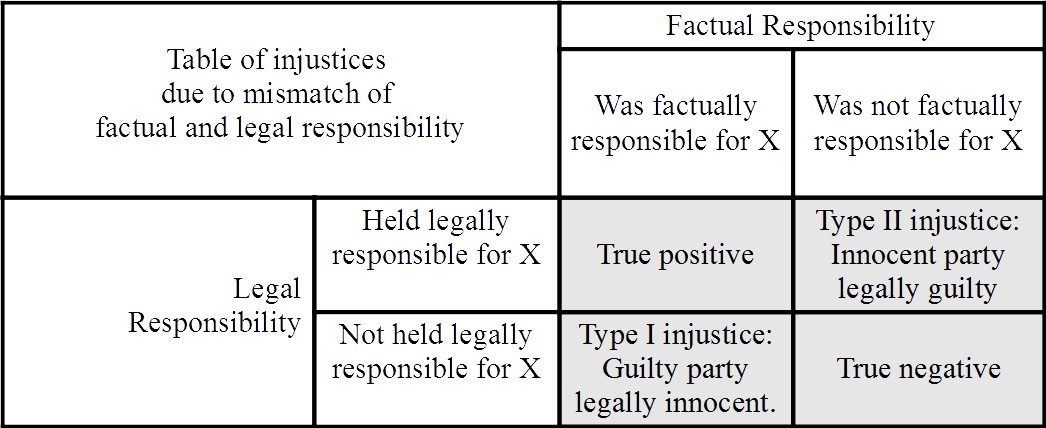In her recent book Private Government [2017], Elizabeth Anderson makes a powerful but pragmatic case against the abuses experienced by employees in conventional corporations. The purpose of this review-essay is to contrast Anderson’s pragmatic critique of many abuses in the employment relation with a principled critique of the employment relationship itself. This principled critique is based on the theory of inalienable rights that descends from the Reformation doctrine of the inalienability of conscience down through the Enlightenment in the abolitionist, democratic, and feminist movements. That theory was the basis for the abolition of the voluntary slavery or self-sale contract, the voluntary non-democratic constitution (pactum subjectionis), and the voluntary coverture marriage contract in today’s democratic countries. When understood in modern terms, that same theory applies as well against the voluntary self-rental or employment contract that is the basis for our current economic system.
The paper is published as: Ellerman, David. 2018. “Rethinking Libertarianism: Elizabeth Anderson’s Private Government.” Challenge: The Magazine of Economic Affairs 61 (2): 156–82. https://doi.org/10.1080/05775132.2018.1443976.
From the Editor Jeff Madrick’s introduction to the issue of Challenge:
“One of our most ambitious pieces ever is by David Ellerman. As readers of these pages know, we have published many essays on whether labor markets truly reward workers for their contribution to the economy. The tenet that they do is critical to mainstream economic theory and the proposition, mentioned above, that workers will share fairly in the growing productivity of the economy. But in this deep dive into economic philosophy, Ellerman reviews the provocative work of Elizabeth Anderson, a subtle and persuasive critique of the employee relationship. In analyzing Anderson, Ellerman adds another profound twist. Employees arguably “rent” themselves to their employers. But is this a violation of America’s commitment to an individual’s inalienable rights—a right that his labor cannot be rented? Ellerman thinks there are better ways.”
